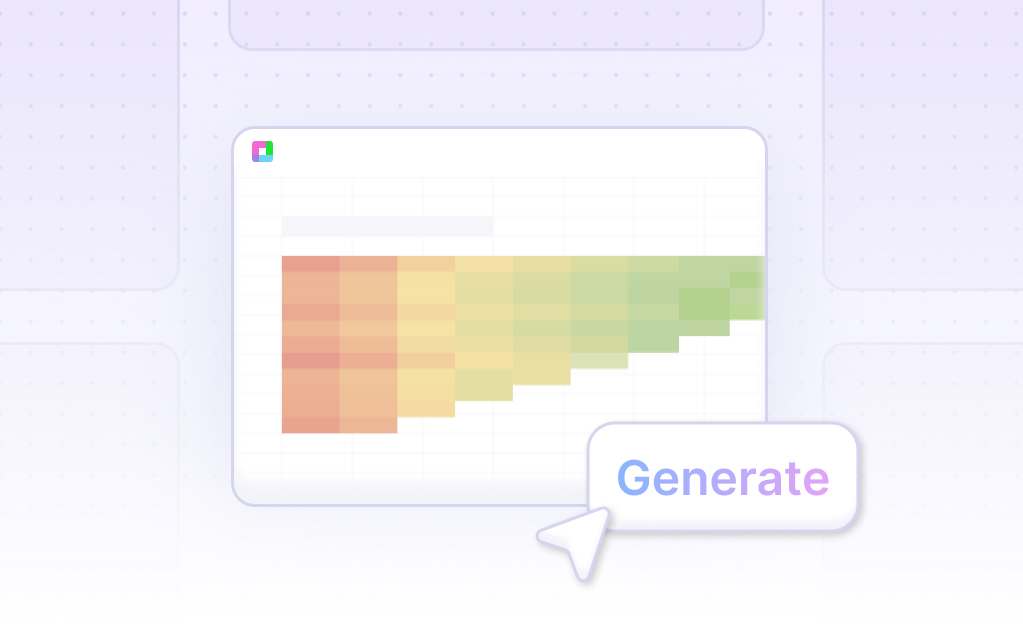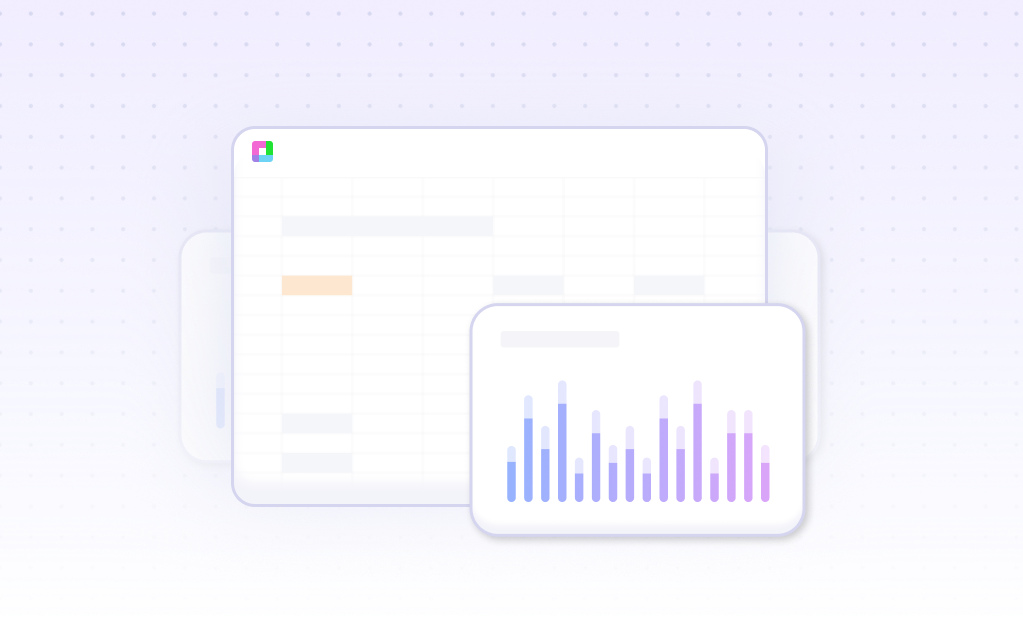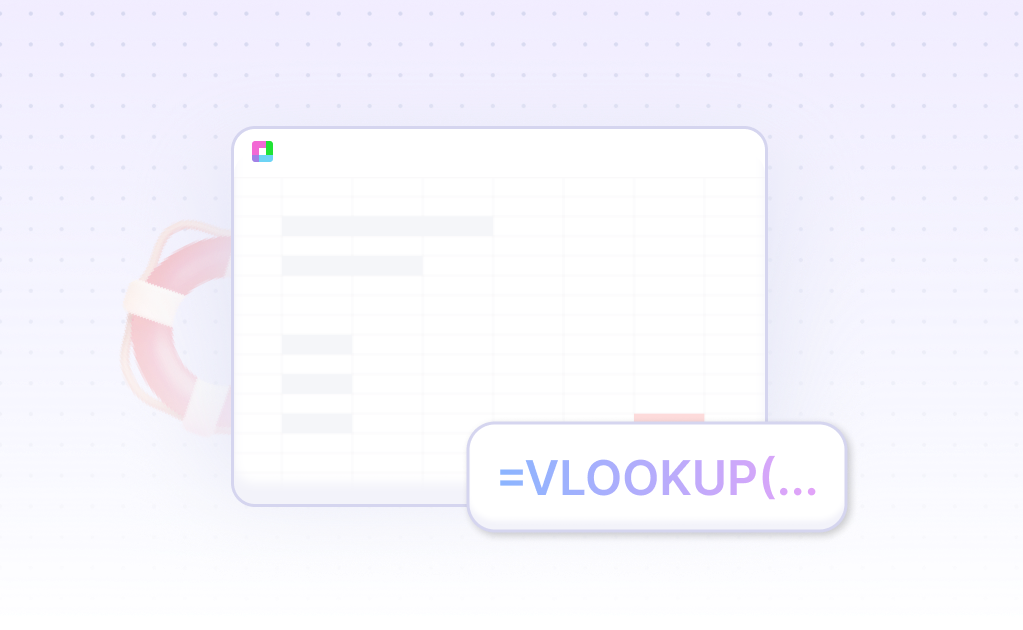
Master Algorithmic Strategy Testing with Professional Backtesting Tools
Algorithmic backtesting is essential for validating trading strategies, assessing risk, and optimizing performance before live deployment. Our Algorithmic Backtesting template provides comprehensive tools to test strategies, analyze performance, and validate algorithms with institutional-quality frameworks.
From strategy testing to risk assessment, validate trading algorithms effectively. Built for quantitative traders, algorithm developers, and systematic trading teams, this template helps you backtest strategies, analyze performance, and optimize algorithmic trading systems.
See how easy it is to generate an Algorithmic Backtesting Excel Template Excel template with Sourcetable

Comprehensive Strategy Testing Framework
Historical Data Analysis
Analyze historical market data with data quality checks, survivorship bias adjustments, and look-ahead bias prevention. Implement robust data preprocessing and validation procedures.
Signal Generation & Logic Testing
Test signal generation logic with entry/exit conditions, indicator calculations, and decision tree validation. Analyze signal quality, frequency, and predictive power.
Execution Simulation
Simulate trade execution with realistic market impact, slippage, and latency assumptions. Model different order types, timing constraints, and market conditions.
Portfolio Construction & Management
Test portfolio construction rules with position sizing, risk budgeting, and rebalancing procedures. Analyze portfolio turnover, concentration, and diversification effects.
Performance Analysis & Risk Assessment
Return & Risk Metrics
Calculate comprehensive performance metrics including Sharpe ratio, maximum drawdown, VaR, and risk-adjusted returns. Analyze return distribution and tail risk characteristics.
Benchmark Comparison
Compare strategy performance against relevant benchmarks with alpha generation, beta analysis, and tracking error assessment. Conduct attribution analysis and style analysis.
Robustness Testing
Test strategy robustness with parameter sensitivity analysis, out-of-sample testing, and walk-forward validation. Analyze strategy stability across different market regimes.
Transaction Cost Analysis
Analyze transaction costs including commissions, bid-ask spreads, and market impact. Model cost structures and assess net performance after all trading costs.
Frequently Asked Questions
How does it prevent common backtesting biases?
The template prevents survivorship bias, look-ahead bias, and data snooping with robust data preprocessing, validation procedures, and out-of-sample testing frameworks.
Can it simulate realistic execution conditions?
Yes, the template simulates realistic execution with market impact, slippage, and latency assumptions. It models different order types, timing constraints, and market conditions.
How does it handle transaction costs?
The template includes comprehensive transaction cost analysis with commissions, bid-ask spreads, and market impact modeling. It assesses net performance after all trading costs.
Does it support robustness testing?
The template includes robustness testing with parameter sensitivity analysis, out-of-sample testing, and walk-forward validation. It analyzes strategy stability across market regimes.
How does it compare against benchmarks?
The template compares strategy performance against relevant benchmarks with alpha generation, beta analysis, and tracking error assessment including attribution analysis.
Related Algorithmic Trading Tools
Connect your most-used data sources and tools to Sourcetable for seamless analysis.
Frequently Asked Questions
If your question is not covered here, you can contact our team.
Contact Us



